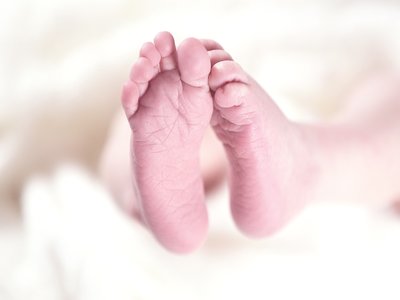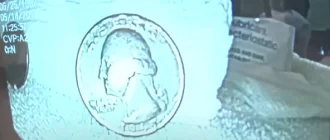If you’re wondering why this happens and what you can do to help, read on.
Causes
If you’ve recently had a colonoscopy and are now experiencing a lack of bowel movement, you’re not alone. Many people experience this issue after a colonoscopy, and it can be caused by a variety of factors. Here are six potential causes of no bowel movement after a colonoscopy:
- Dehydration: Dehydration can be a common side effect of a colonoscopy, as the procedure requires the patient to drink a large amount of liquid to cleanse the colon. If you’re not drinking enough fluids after the procedure, it can lead to dehydration, which can cause constipation.
- Medication: Some medications used during a colonoscopy can cause constipation. These medications include pain relievers, sedatives, and antispasmodics.
- Diet: Eating a diet low in fiber can lead to constipation. After a colonoscopy, it’s important to eat a diet high in fiber to help keep your bowels regular.
- Stress: Stress can be a major factor in constipation. After a colonoscopy, it’s important to take time to relax and reduce stress levels.
- Irritable Bowel Syndrome: IBS is a common cause of constipation. If you have IBS, it’s important to talk to your doctor about ways to manage your symptoms.
- Colon Obstruction: In rare cases, a colonoscopy can cause a blockage in the colon. If this is the case, you may need to undergo surgery to remove the obstruction.
If you’re experiencing no bowel movement after a colonoscopy, it’s important to talk to your doctor. They can help you determine the cause of your constipation and recommend the best course of treatment.
See also: Foods That Soften the Stool
How Many Days to Wait is Normal
It’s normal to wait up to two days after a colonoscopy before you have a bowel movement. This is because your intestines need time to recover from the procedure. If you’re still having trouble after two days, it’s best to contact your doctor.
When It’s Already Too Long
If you’ve been waiting more than two days and still haven’t had a bowel movement, it’s best to contact your doctor. They may recommend that you take a laxative or stool softener to help you pass the stool. It’s important to follow your doctor’s instructions carefully, as taking too much of a laxative can cause dehydration and other issues.
If you have not had a bowel movement after a colonoscopy, it is important to understand the potential causes and when to seek medical attention.
For 3-4 Days
It is crucial to call your doctor if you haven’t had a bowel movement in 3–4 days. This can indicate a more serious problem, such a blockage or infection. Additional examinations or treatments can be suggested by your doctor to deal with the problem.
For 5-6 Days
After five to six days, if you still haven’t had a bowel movement, you should consult a doctor right away. This can indicate an obstruction or infection, two dangerous medical conditions. To aid with the problem’s resolution, your doctor can suggest more examinations or therapies.
For 1 Week
After a week, if you still haven’t had a bowel movement, you should consult a doctor right away. This could be a symptom of a critical medical issue, including a blockage or infection. Additional examinations or treatments can be suggested by your doctor to deal with the problem.
Up to 10 Days
It’s crucial to get medical help right away if it’s been up to 10 days since your last bowel movement. This can indicate a severe medical issue, including a blockage or infection. To deal with the problem, your doctor can suggest additional examinations or therapies.
It is important to bear in mind that you should consult a doctor if you haven’t emptied your bladder or had a bowel movement after having a colonoscopy. Your doctor can offer the appropriate diagnosis and care to help fix the problem.
Read also: Foods Help With Constipation Fast
What Methods Doctors Recommend to Facilitate Bowel Movements After a Colonoscopy
Your doctor may recommend a few different methods to help you have a bowel movement after a colonoscopy. These can include drinking plenty of fluids, eating a high-fiber diet, and taking a laxative or stool softener. It’s important to follow your doctor’s instructions carefully, as taking too much of a laxative can cause dehydration and other issues.
A colonoscopy might be painful, but it’s necessary for your health. It’s recommended to call your doctor if you have problems going to the bathroom following the treatment. They can assist you in identifying the ideal response to your problem.
About the Author
Reyus Mammadli is the author of this health blog since 2008. With a background in medical and biotechnical devices, he has over 15 years of experience working with medical literature and expert guidelines from WHO, CDC, Mayo Clinic, and others. His goal is to present clear, accurate health information for everyday readers — not as a substitute for medical advice.







